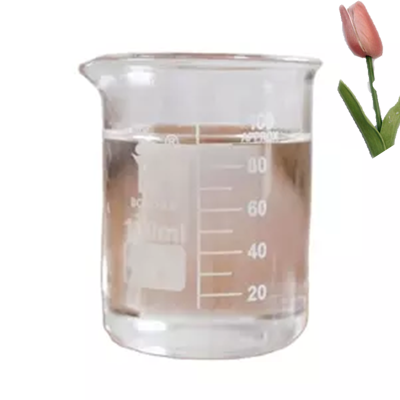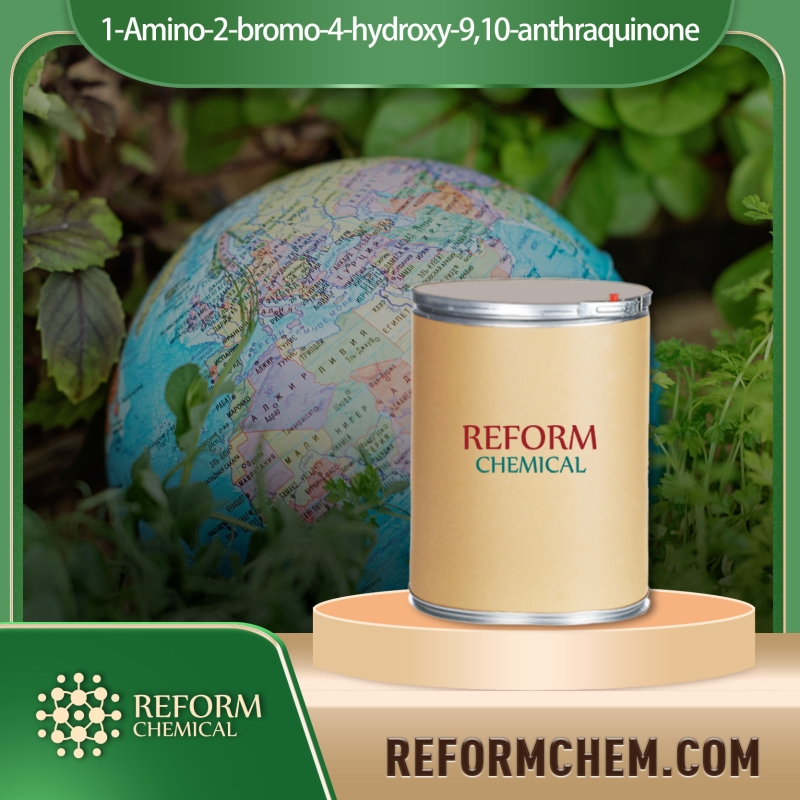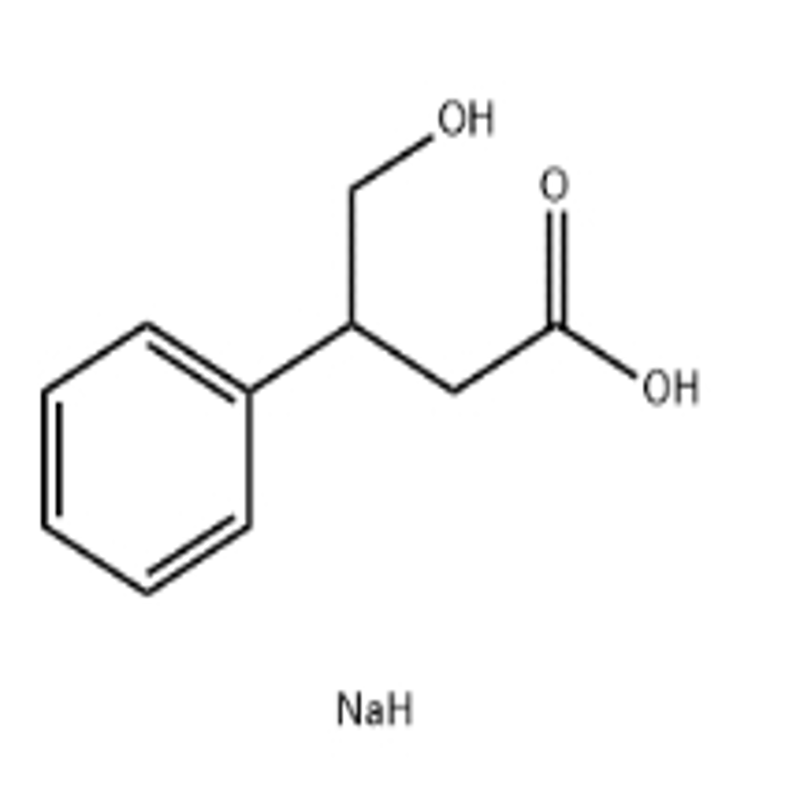-
Categories
-
Pharmaceutical Intermediates
-
Active Pharmaceutical Ingredients
-
Food Additives
- Industrial Coatings
- Agrochemicals
- Dyes and Pigments
- Surfactant
- Flavors and Fragrances
- Chemical Reagents
- Catalyst and Auxiliary
- Natural Products
- Inorganic Chemistry
-
Organic Chemistry
-
Biochemical Engineering
- Analytical Chemistry
-
Cosmetic Ingredient
- Water Treatment Chemical
-
Pharmaceutical Intermediates
Promotion
ECHEMI Mall
Wholesale
Weekly Price
Exhibition
News
-
Trade Service
1-Propanesulfonic acid, 3-(2-benzothiazolylthio)-, sodium salt (1:1), also known as BPSS, is a commonly used chemical in the chemical industry.
It is a colorless liquid with a strong, unpleasant odor.
It is soluble in water and is commonly used as a catalyst in the production of polypropylene.
BPSS is classified as a strong acid and is capable of cause severe burns and irritation to the skin, eyes, and respiratory system if proper safety precautions are not taken.
It is also highly flammable and can ignite easily if it comes into contact with heat or an ignition source.
When handling BPSS, it is important to wear appropriate personal protective equipment (PPE), such as gloves, goggles, and a lab coat.
It is also important to work in a well-ventilated area and to avoid inhaling the vapors of the chemical.
In addition, it is important to store BPSS in a cool, dry, and well-ventilated area, away from any ignition sources.
It is also important to follow proper safety procedures when handling BPSS, such as using proper handling techniques and avoiding physical contact with the chemical.
In addition, it is important to monitor the levels of BPSS in the air and to take steps to reduce exposure to the chemical.
In case of accidental exposure to BPSS, it is important to seek medical attention immediately.
Symptoms of exposure may include skin irritation, respiratory problems, and eye irritation, among others.
In addition to the personal safety measures, there are also environmental concerns associated with the use of BPSS.
The chemical can be harmful to aquatic life, and it is important to follow proper disposal procedures to minimize its impact on the environment.
In conclusion, 1-Propanesulfonic acid, 3-(2-benzothiazolylthio)-, sodium salt (1:1) is a powerful acid that can cause serious harm if proper safety precautions are not taken.
It is important to handle the chemical with caution and to follow proper safety procedures to minimize the risk of accidents and exposure.
It is also important to dispose of the chemical in an environmentally responsible manner.







